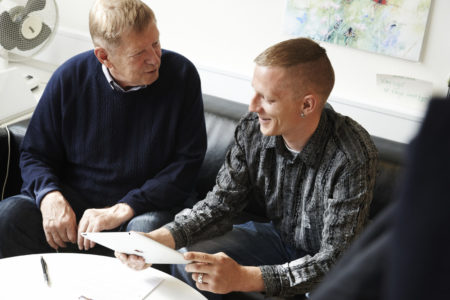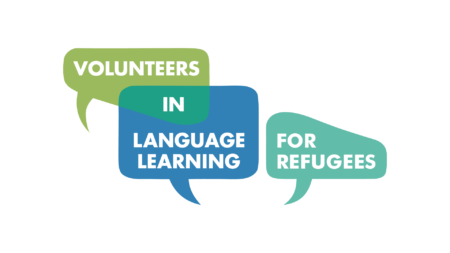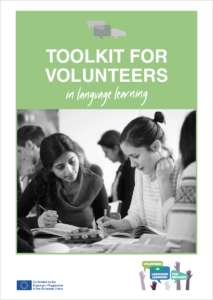Don‘t Go it Alone

Don’t struggle alone or spend time and energy ‘reinventing the wheel’. Join forces with others to do more and support each other through inevitable challenges. There are many benefits of getting organised or joining an organisation.
Sometimes working with refugees can present difficulties and there is a risk of becoming overwhelmed as a volunteer. Refugees are surrounded by professionals: Social workers, administrative officers, security agents, trainers… As a volunteer, you can offer something different. You aren’t acting in a professional capacity. As a result, refugees may ask for your support and help on many other issues. It can be challenging to support people in distress, especially if you feel like you are the only one who can help them. Whilst this can be rewarding, it can also lead to ‘burnout’ - where you feel overwhelmed to the point where you withdraw from volunteering altogether. This is a situation which is disappointing and frustrating for all involved. And it is quite the opposite of what you had in mind when you began volunteering.
Being part of a group or organisation of some kind can help to support your volunteering and reduce the risk of burnout. Many organisations have developed policies, guidelines, or defined tasks for the volunteers. Some bigger organisations have Volunteer Coordinators who can advise and support you. Organisational support doesn’t just benefit you - it can provide a helpful context for the people you want to support. In an organisational set up with regular volunteers, for example, you can leave your volunteering placement safe in the knowledge that you’ll be replaced by another volunteer to support the learners.
Find an organisation that you like the sound of and that connects with your values. In most European countries there is quite a variety of charities, governmental and Non-Governmental-Organisations to choose from.
Even if you don’t feel comfortable working with established organisations, don’t stay on your own. Find like-minded neighbours, colleagues or friends and form small groups of volunteers to support refugees to learn language. If one of you drops out, the others can take over – and you’ll hopefully be able to offer mutual support to one another if difficult situations arise.
Sometimes it’s also possible to partner with an organisation, retaining your autonomy but benefitting from their resources or experience. This might give you access to material resources like rooms, a printer or even contacts. So, if you’re interested in pursuing your own ideas but you do not have the resources, take advantage of what organisations can offer you. Some municipalities also offer support for volunteers.
"I need this new language to build up a new life, after my past life was destroyed."
Language Learner, Germany

